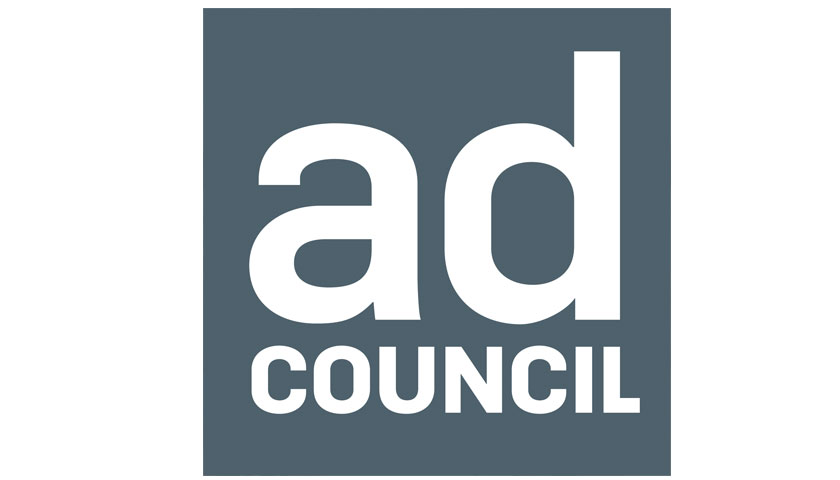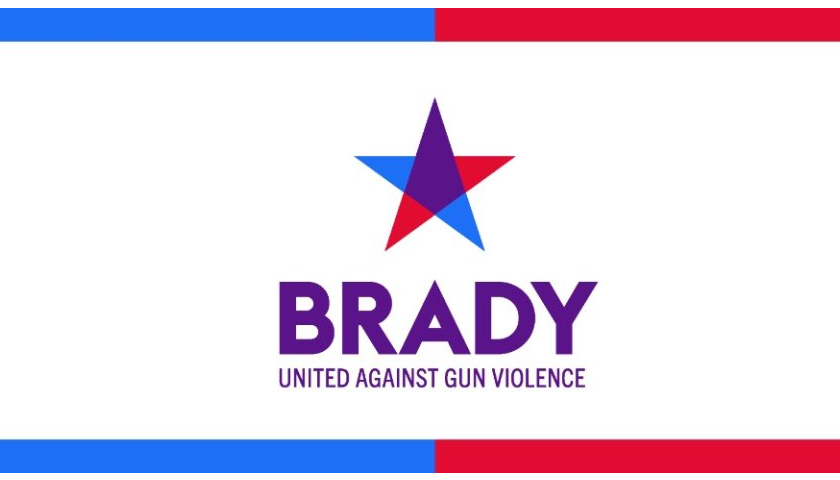Nearly half of adult Americans have high blood pressure [i] , and many do not know it. To help Americans reduce their risk of heart attack and stroke, the American Heart Association (AHA), American Medical Association (AMA), HHS Office of Minority Health (OMH), Health Resources & Services Administration (HRSA) and the Ad Council released new public service announcements (PSAs) today, encouraging people to take control of their health by self-monitoring their blood pressure and speaking with a health care professional about their numbers.
The “Get Down With Your Blood Pressure” PSAs feature a catchy and danceable song to get people moving and help empower them to manage their health beginning with high blood pressure, the leading cause of heart attack and stroke and the most significant controllable risk factor [ii] . The creative aims to reach historically underserved communities – particularly Black, Hispanic/Latino, and Native Americans – who are at increased risk of developing high blood pressure due to longstanding health inequities.
The “Get Down With Your Blood Pressure” campaign reminds Americans that high blood pressure management may be as simple as four easy steps: “Get It, Slip It, Cuff It, Check It.” Self-monitoring and working with a healthcare professional to create a treatment plan can be an effective way to manage blood pressure. Healthy lifestyle changes such as eating a healthy diet focused on fresh vegetables and fruit, consuming less salt and processed foods, exercising daily, reducing alcohol intake, losing weight if overweight, and taking medication if needed are all effective ways to help control your blood pressure.
https://www.youtube.com/watch?v=x6KTnk3pkKY
Watch the PSA “Get Down With Your Blood Pressure” HERE.
The campaign is also paired with step-by-step instructional videos in English and Spanish providing a step-by-step overview of how to self-monitor one’s blood pressure. More information and blood pressure monitoring resources can be found in English at ManageYourBP.org or in Spanish at BajaTuPresion.org.
“This new campaign is a fun way to get people engaged in monitoring their blood pressure and keeping it under control—which can often feel daunting to many patients—and is more timely than ever given that high blood pressure puts patients at higher risk of severe complications of COVID-19,” said AMA President Gerald E. Harmon, M.D. “We are committed to eliminating structural drivers of health inequities that place Black and Brown communities at increasing risk of heart disease. And, with the percentage of U.S. adults who have their blood pressure under control significantly declining in recent years, we believe this new awareness campaign can help more people get their blood pressure under control and save more lives. We encourage anyone with high blood pressure to speak with their physician or health care professional to collaborate on and commit to a treatment plan that will help them prevent the life-altering consequences of high blood pressure—heart attack, stroke and death.”
“Being champions for health equity is one of our core values at the American Heart Association to help support healthier, fuller lives for all communities,” said Donald M. Lloyd-Jones, M.D., Sc.M., FAHA, president of the American Heart Association and Eileen M. Foell Professor of Heart Research, professor of preventive medicine, medicine, and pediatrics, and chair of the department of preventive medicine at Northwestern University’s Feinberg School of Medicine in Chicago. “The Get Down With Your Blood Pressure” campaign aims to address health inequities in historically under-resourced communities. This campaign is a part of the American Heart Association’s National Hypertension Control Initiative. The initiative encompasses direct education and training on blood pressure measurement and management with health care professionals in community health centers and community-based organizations. We are meeting people where they are with access to blood pressure education and resources in trusted community settings.”
Developed pro bono by Uniworld Group (UWG), the longest-standing, full-service multicultural advertising and marketing agency in the nation, the PSAs encourage viewers to “get down” and get moving to help reduce the impact of high blood pressure. The work provides an encouraging message that those living with high blood pressure can lower their risk of stroke and heart disease by self-monitoring and talking to their health care professional about a treatment plan that works for them. Through collaboration with UWG, the PSAs leverage cultural insights to reach audiences, specifically Black, Hispanic/Latino, and Native Americans whose health has been adversely affected by disparities in healthcare, in a meaningful and motivational way.
“The goal of this campaign is to reach more people in the U.S. living with uncontrolled high blood pressure,” said Heidi Arthur, chief campaign development officer at the Ad Council. “However, it’s my hope that this work encourages everyone to speak to their doctors about how to best self-monitor their blood pressure for better overall heart health.”
The American Heart Association and American Medical Association are also working with their local offices, affiliates and other collaborators to promote and activate the campaign in their communities, with evidence-based materials to aid physicians and other health care professionals in the plan-building process.
This project is supported by a cooperative agreement with the Office of Minority Health (OMH) of the U.S. Department of Health and Human Services (HHS), as part of a financial assistance award totaling $12.2 million in partnership with the Health Resources and Services Administration (HRSA). The contents do not necessarily represent the official views of, nor an endorsement by OMH/OASH/HHS or the U.S. Government.


